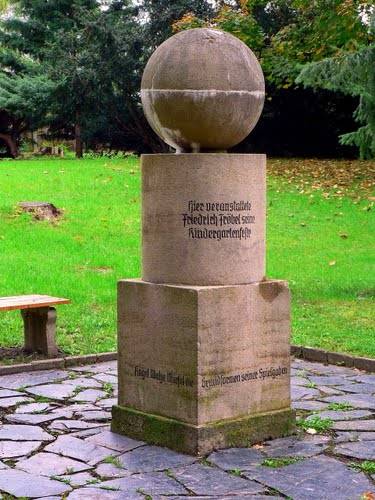“until fairly modern times there was a much higher degree of tolerance in most of the Islamic lands than prevailed in the Christian world” Bernard Lewis
The Third Choice provides a compelling introduction to Islam on the basis of its primary sources, the Qur’an and the life of Muhammad. Topics covered include: the sharia, interpretation of the Qur’an, women’s rights, and religious freedom.
After this introduction of Islam, there follows an explanation of Islam’s policy for non-Muslims living under Islamic conditions. The doctrine of the three choices (conversion, the sword, or the dhimma pact of surrender to Islam) is explained, including an analysis of the meaning of tribute payments (jizya) made by non-Muslims (dhimmis) to their Muslim conquerors.
Durie describes the impact of dhimmitude on the human rights of non-Muslims in Islamic contexts around the world today, including pressure being exerted through the United Nations for states to conform to sharia restrictions on freedom of speech.
The Third Choice offers indispensable keys for understanding current trends in global politics, interfaith dialogue initiatives, and the increasingly fraught relationship between migrant Muslim communities in the West and their host societies.
“It is well to call the attention of each child to one great law, which dominates in nature and thought. Between two things or two ideas relatively different there always exists a third which unites the two others in itself, and is found between them with a certain equilibrium.” Friedrich Froebel

Rudyard Kipling wrote:
If you can bear to hear the truth you’ve spoken
Twisted by knaves to make a trap for fools,